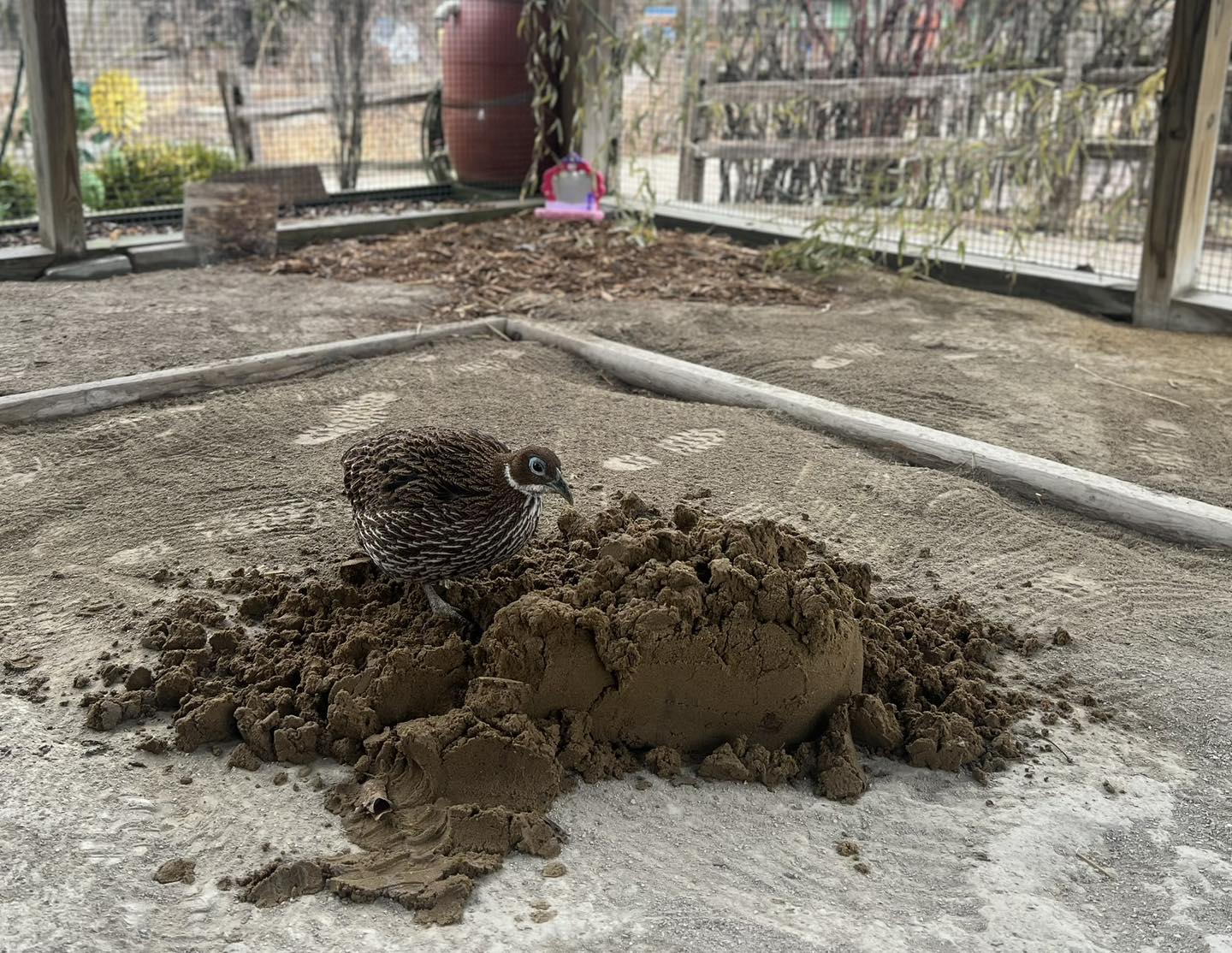- Understanding Cleo’s Behavior and Natural Instincts
- The Role of Enrichment Activities in Animal Care
- Insights from Lead Keeper Ashley S.
- The Importance of Digging for Animals in Captivity
- Conservation and Environmental Considerations
Cleo’s passion for digging in wet sand isn’t just a charming habit; it’s a vivid demonstration of her natural instincts and behavior. For animals, behaviors like digging stem from innate impulses that have critical survival functions in the wild. Understanding these behaviors is fundamental in crafting effective zoo management and enhancing the well-being of animals in captivity. Zoos worldwide strive to replicate natural habitats as closely as possible, and behaviors such as digging indicate that an animal is engaged and active in its environment. Cleo’s affinity for moving the earth is an encouraging sign that she is taking advantage of the stimulating environment around her.
In the educational setup of a zoo, enrichment activities play a crucial role in maintaining animal health and welfare. Enrichment refers to modifications and activities designed to stimulate the natural behaviors and instincts of animals in captivity. For Cleo, the act of digging in wet sand engages both her physical and mental faculties, much like how hunting would in the wild. This kind of activity helps decrease stress, prevent boredom, and enhance overall psychological health. Enrichment is pivotal for animals whose natural behaviors may be constrained by the limits of a captive environment.
Lead Keeper Ashley S. has provided substantial insights into Cleo’s life, emphasizing the significance of behavioral understanding in effective zoo management. Ashley’s role involves observing Cleo and other animals to ensure their well-being, which requires a nuanced understanding of each animal’s distinct behaviors and preferences. Her observations contribute to improving animal care protocols and refining activity setups to meet the specific needs of each animal. Engaged keepers like Ashley are essential for fostering environments where animals can thrive, rather than merely survive, by drawing on daily interactions to inform management strategies.
The importance of digging cannot be understated in understanding animal behavior in captivity. Digging serves various purposes in the wild: it can be a means of finding food, creating nests, or escaping predators. For animals like Cleo, this behavior is a vital part of their ancestral script—an inherited trait that also fulfills the animal’s energetic and instinctual needs. The act of digging in a zoo setting is a positive sign, indicating that the animal is utilizing its abilities and instincts despite being in a confined environment. Observing such behaviors in captivity helps zoologists and keepers better understand the health and contentment of the animals under their care.
Conservation and environmental awareness are integral to modern zoo practices. By observing animals like Cleo and providing them environments that stimulate natural behaviors, zoos can educate the public about wildlife conservation and the environments these animals originate from. Digging is not just a simple pastime for Cleo but a hook for engaging zoo visitors in conversations about wildlife behavior and ecological preservation. This not only helps spark public interest in the species but also reinforces the importance of conservation efforts, both for animals in the wild and those in human care. The knowledge gained from watching Cleo and others like her is invaluable in supporting the conservation of species and their natural habitats.
Cleo’s fondness for digging in wet sand is a meaningful expression of her natural behavior. It reminds us of the importance of environmental and behavioral enrichment in zoos and underlines the broader implications for animal welfare and conservation. Every dig Cleo makes is a testament to the successful blend of science, care, and insight that keeps zoo animals healthy and engaged with their environments.
*****
Source Description
What does Cleo love?
Digging in wet sand 😍
📷: Lead Keeper Ashley S.


